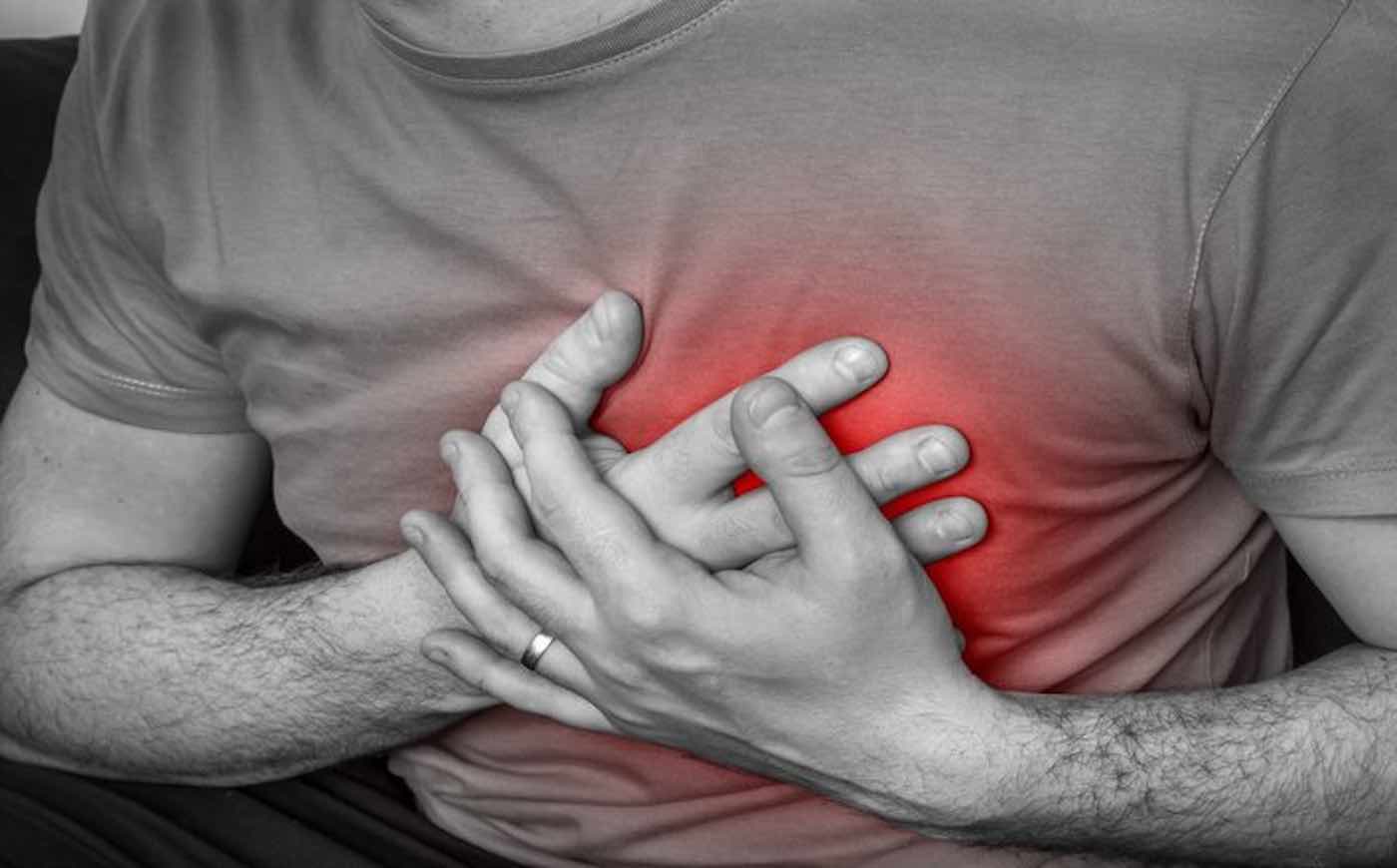In a world first, researchers from King’s College London believe they may have found a new therapy that can induce heart cells to regenerate after a heart attack.
Myocardial infarction, more commonly known as a heart attack, caused by the sudden blocking of one of the cardiac coronary arteries, is the main cause of heart failure: a condition that now affects over 23 million population in the world, according to the World Health Organization.
At present, when a patient survives a heart attack, they are left with permanent structural damage to their heart through the formation of a scar, which can lead to heart failure in the future. Fish and salamander, on the other hand, can regenerate the heart throughout life.
In a new study that was published last week in Nature, however, the team of investigators delivered a small piece of genetic material, called microRNA-199, to the heart of pigs, after a myocardial infarction – and the treatment resulted in the almost complete recovery of cardiac function one month later.
Lead author Professor Mauro Giacca, from King’s College London said: “It is a very exciting moment for the field. After so many unsuccessful attempts at regenerating the heart using stem cells, which all have failed so far, for the first time we see real cardiac repair in a large animal.”
This is the first demonstration that cardiac regeneration can be achieved by administering an effective genetic drug that stimulates cardiac regeneration in a large animal, with heart anatomy and physiology like that of humans.
Professor Giacca and his team joined the School of Cardiovascular Medicine and Sciences BHF Centre of Excellence of King’s College London earlier this year to continue translation of these studies in patients.
MORE: Another Study Shows How Flickering Lights Can Slow (And Maybe Even Reverse) Alzheimer’s Symptoms
Professor Ajay Shah, who is the Head of the School of Cardiovascular Medicine and Sciences at King’s, said: “A treatment that helps the heart repair itself after a heart attack is the holy grail for cardiologists.
“Professor Giacca’s study convincingly demonstrates for the first time that this might actually be feasible and not just a pipe-dream,” Shad added. “It’s a very exciting advance in the field. While we are not yet at a stage where a treatment could be offered to patients, I’m confident that our excellent team in the King’s BHF Centre of Excellence is very well placed to drive forward the research to make such a treatment a reality.”
Reprinted from King’s College London
Good News Is Good For The Heart: Share It With Your Friends On Social Media – Photo by King’s College London




















